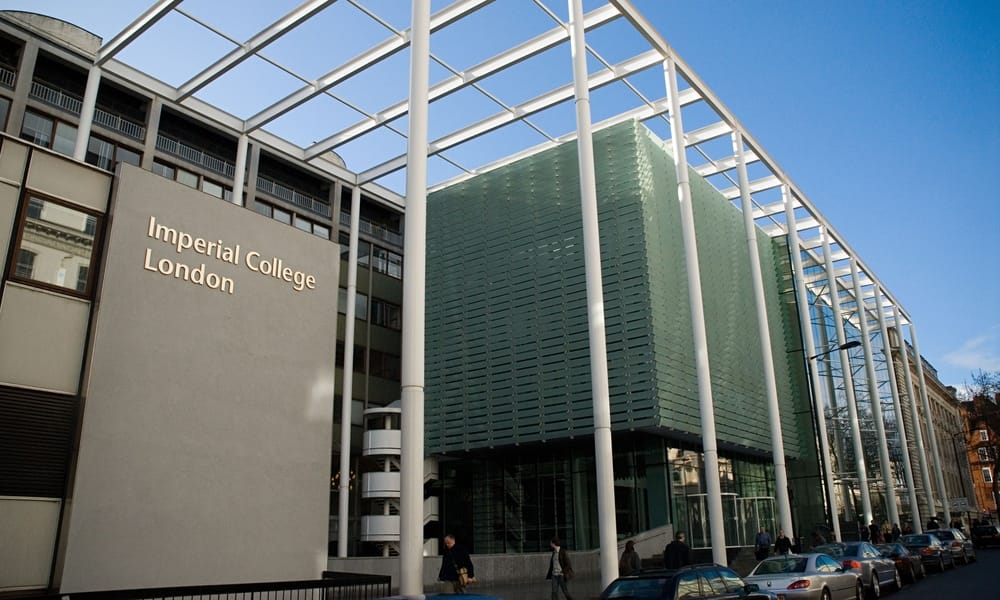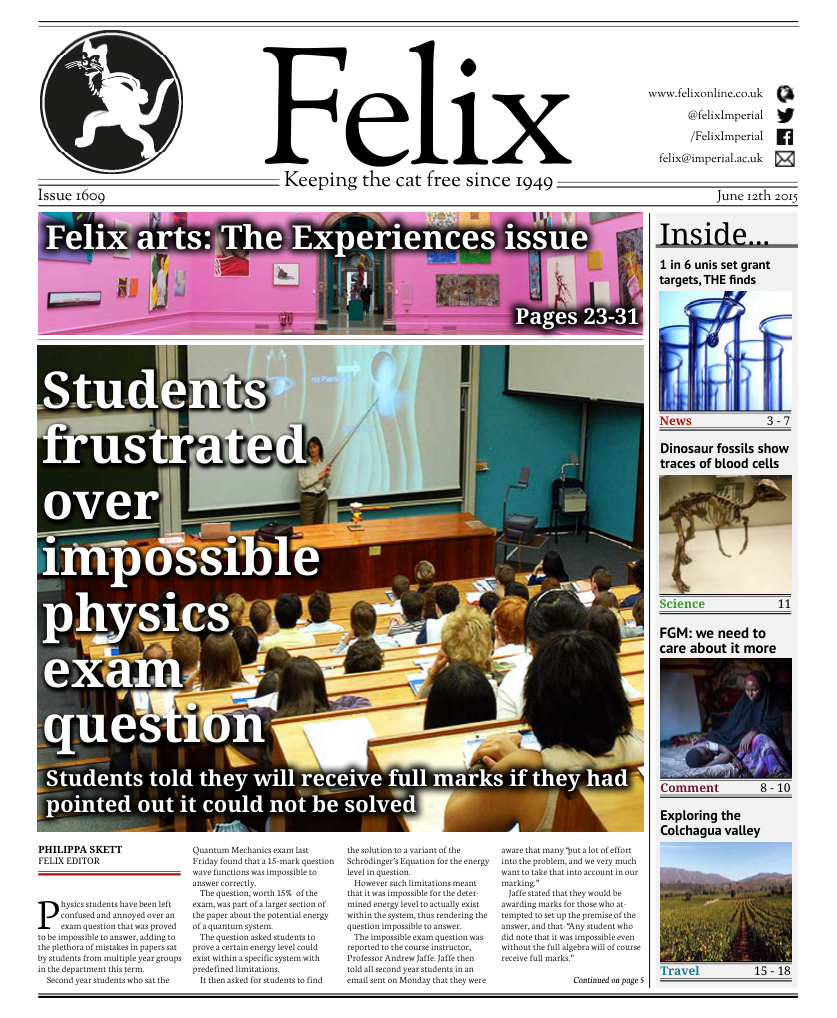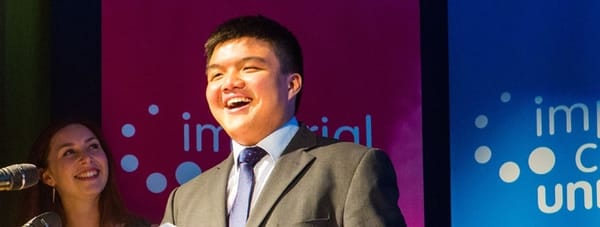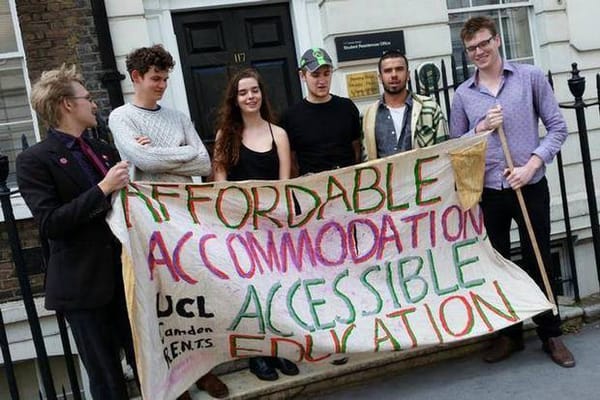Imperial among one in six universities to set grant income targets for individuals
Cecily Johnson reports on the Times Higher Education findings

A Freedom of Information request by Times Higher Education (THE) has revealed that Imperial College London is among around one in six universities in the UK to set targets for the amount of grant money brought in by its academics.
The practise of setting grant income targets for individuals was scrutinised after the suicide of Stefan Grimm, a Professor of Toxicology in the Imperial College Faculty of Medicine, last September.
93 UK universities responded to the FoI request from THE, which asked whether or not they set targets of this kind. Of these, 11 universities reported that individual grant-winning goals are set for at least some members of their faculties.
Another 12 institutions have targets set at institutional, departmental or faculty level; this means that in total 30 percent of universities set grant income targets of some kind.
As well as Imperial, targets are set for individuals at the universities of Aberdeen, Dundee, East Anglia, Glasgow, Greenwich and Leeds, as well as Queen Mary University of London, Plymouth University, Abertay University and Robert Gordon University.
Greenwich, Abertay, Robert Gordon, Dundee and Leeds reportedly stated that these targets are set “only on a case-by-case basis”, while Plymouth and East Anglia say that academics are “encouraged” but not required to bring in the target amount of grant money, THE reports.
In their response, Glasgow said that targets are used alongside other metrics in the criteria looked at when considering promotions for senior lecturers. Meanwhile Aberdeen say that their “expectations” are only used to inform conversations about “which aspects (if any) of an individual’s career might need more attention or support to develop”.
The universities of Bath, Bradford, Surrey, Ulster and Warwick did not respond with the requested information, claiming that it was “commercially sensitive”.
However in an article last year THE reported that Warwick Medical School and the University of Warwick School of Life Sciences single out academics for potential redundancy if their research income over the previous four years is below an average of £90,000 or £75,000 respectively.
At Imperial, academics are expected to “cover the costs of their employment” with the income from their research and teaching work. There are also minimum performance standards within some departments that sometimes include “a general statement of the amount of income that a researcher… might normally be expected to generate”.
The inquest into the death of Professor Stefan Grimm in April this year heard a report from Imperial’s internal review of staff policies, which was conducted in response to Grimm’s suicide. Senior coroner Chinyere Inyama noted that funding issues were mounting stress on the professor, who was undergoing an “informal review process” after “struggling to fulfil the metrics” of his post.
Led by Imperial’s director of Human Resources Louise Lindsay, the review recommended a number of changes including increased support for staff members who are struggling, though Ms Lindsay admitted at the inquest that the changes still may not have prevented Grimm’s death.
Members of the academic community have called out the practice of setting grant targets for encouraging “overstretched” staff to take on more projects than they can reasonably manage and discriminating against more inexpensive research.










